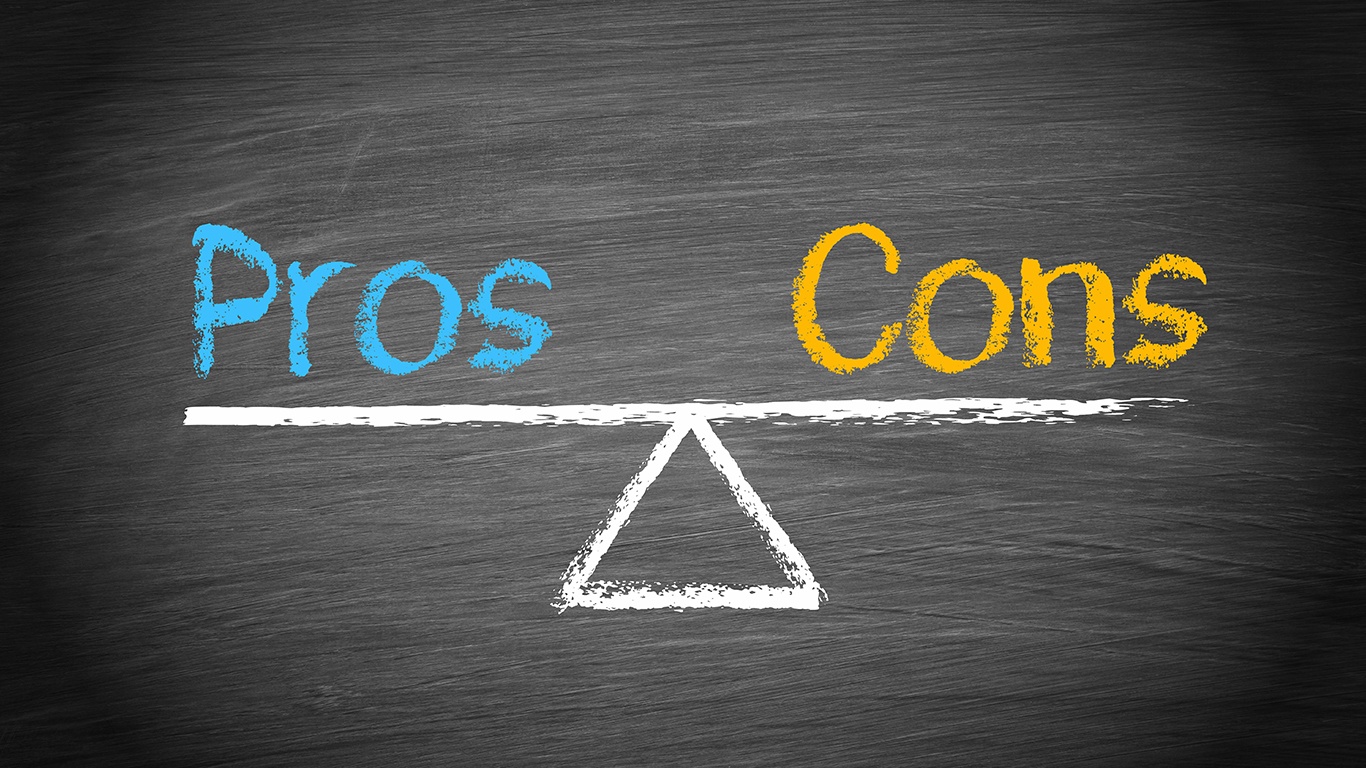Way back in 2007 when Facebook announced that it was entering the online advertising game, it was greeted with mixed reviews – and some flat out derision. Indeed, Gawker went as far to include Facebook ads on its list of the “Top 5 Fails of 2007” (in case you’re curious, the other 4 were: Apple TV, Googlephone, DRM free music, and the Tesla Roadster).
Well, fast forward about a decade, and Facebook ads have hardly gone the way of the Tesla Roadster. In fact, the Wall Street Journal reported that Facebook generated a whopping $6.2 billion (yes that’s right: billion) in the second quarter of 2016. Zuck 1, Gawker 0.
Of course, all of this revenue and profitability doesn’t mean that there’s a guaranteed pot of gold at the end of the Facebook ad rainbow. As with any other piece of the marketing puzzle, there are aspects that must be carefully considered beforehand.
To help you focus on what matters most, here are 3 pros and cons of Facebook advertising:
Facebook Advertising Pros
Massive Reach
Over 70 million people have a Facebook account, which means that the potential reach is huge. What’s more, unlike some social networks, Facebook is a model of diversity. There are gadget-loving Millennials, Tai Chi-loving seniors, executives, soccer moms, politicians, folks with angry (and all kinds of other) cats, and the list goes on.
Plenty of Targeting Options
These days, effective marketing is all about targeting buyer personas and niche audiences, and Facebook is aligned with this approach. Targeting options include (but aren’t limited to) gender, age, location, interests, marital status, hobbies, and even interactions with content (e.g. likes, shares, etc.).
Low Minimum Spend
Facebook ads are relatively inexpensive compared to conventional forms of advertising, and some kinds of online marketing. Advertisers can choose to pay for each click, or they can buy a pre-set number of ad impressions. Either way, it’s actually possible to run campaigns with a daily spending limit of just $1 (not that this is really viable for 99% of advertisers, but the fact that it’s possible speaks to Facebook’s affordability).
Facebook Advertising Cons
Relatively Low Conversion Rates
Compared to other platforms such as AdWords, conversion rates for Facebook ads tend to be on the low side. Overall, the click-through-rate (CTR) around the world is between 0.18% and 0.36%, translates into 1 click for every 250-500 impressions. Of course, some advertisers enjoy better CTR.
It’s Not “Set it and Forget It”
To be fair, this drawback is not exclusive to Facebook ads, but it’s worth pointing out because some advertisers have underestimated how much time and effort is required to optimize campaigns. It’s definitely not a “set it and forget it” thing, and lack of resources or expertise can turn it into a money pit.
Face Profiles
While advertisers who use AdWords must contend with the possibility of fraudulent clicks (although Google is much better at detecting these and removing them from the bill), advertisers who head to Facebook may have to deal with fake profiles and accounts. The problem isn’t as bad as it used to be – but it’s a factor that can’t be ignored. Careful campaign monitoring is essential.
Learn More
To learn more about the pros and cons of Facebook advertising, and to discover if and how it might fit into your customer outreach strategy, contact us today. Your consultation is free.
Have you included paid advertising into your marketing campaign yet? If not, be sure to check out our FREE eBook “Why Google AdWords Should Be Part of Your Inbound Marketing Strategy“:
{{cta(‘2c627747-9534-4cc1-8eef-52d39e7ce4f1’)}}





